In this month’s edition of A Way With Words – an ongoing series of interviews with contemporary female writers – CF speaks to Rebecca Watson.
In 2018, Rebecca Watson was short listed for The White Review Short Story Prize, and her first novel little scratch was published this summer by Faber. Here, she discusses the instability of writing processes, the brutality of language, and why the term ‘experimental’ can be problematic
little scratch is your first novel, did you know what kind of book you were writing from the start, and how did that change along the way?
The voice and the form came together, so the vision, from very early on, did feel here to stay. But I don’t plan before I write, so though I was writing with a structure (a day) and a system for the page, what came afterwards would surprise me. Her voice was loud, stubbornly insistent and authoritative, and I don’t think I expected to be able to sustain that.
Did you learn anything through the writing and editing processes that you’ll take with you onto the project?
I learnt a lot – but those lessons felt specific to little scratch. Now, I’m trying to unlearn what I learnt, to be able to start anew. I think we often talk about writing or writers’ approaches as these stable, certain things. But what I’m learning, is that every project demands something different – and a different part of your writing self. (That’s at least what I believe for now.)
There’s a lot of hype around the novel, does that put pressure on you as a writer and what are your thoughts on the rising ‘cult’ of debut novelists in general?
I think being published during a pandemic, where life is so contained, means it’s harder to be affected: nearly all of my experiences with publishing this book have been limited to online, and so it’s harder to retain the reactions little scratch has had. I am so grateful for the response, but it feels liquid: hard to grasp. In terms of a rising cult (!), I don’t really see myself as part of a clique, cult, or collective of debut novelists: there are too many of us! Even if you group by generation, I think claims of ‘millennial writing’ flatten identities.
In your opinion, what makes a piece of writing ‘experimental’? And do you think such labels are useful to you personally, and to writers in a broader sense?
I find ‘experimental’ a frustrating label. If it isn’t a term that gets you closer to the text, is it helpful? It seems mainly a way of setting boundaries and pushing people away. It’s a funny term too because little scratch wasn’t a diversion or a subversion, it’s where I naturally found myself. The first few hundred words of my novel were an experiment – I wanted to see whether I could write present-tense immediacy – but then I found out that it worked, so it ceased to be an experiment. I think any writer’s attempts are an experiment at first: who knows whether anything will work until it’s done and there on the page.
You said in another interview that your protagonist’s main struggle ‘is being able to match her experience and the brutality of language, and the permanence of language.’ Can you explain what you mean by language being brutal?
It can feel terrifying to put anything into words. Language is certain and it brings with it a history – of how the words have been used, what they infer. For my protagonist, who is evading something horrendous that has happened to her, language is a marker she fears. Her experience and thoughts are nuanced, broad, competing. Language is brutal because it is exact. It can feel like a cage. You can reword something once you say it, but it remains said. She pushes against verbalising too, because verbalising is a form of acceptance. It turns it into fact: this is what happened.
Is writing an enjoyable process for you?
When I’m in the middle of writing, it feels energy-giving. When it is something I cannot get into, I fear it.
Did you always want to be a writer?
I have written since I was a young teenager, but I don’t think I believed I would be a writer, or saw it as even a possibility, until a few years ago.
Has lockdown, and the pandemic, affected your writing or reading habits?
It has sent me reading more, then suddenly less. It has built space for writing while making me not want to write at all.
Which writers do you look to for solace?
I’m not sure that’s why I go to books. The last book I read – My Phantoms (by Gwendoline Riley) – has infused my nightmares! Virginia Woolf is someone I have loved for a long time. Daphne Du Maurier is the first “adult” writer I read, so I will always think of her as part of my reading/writing life.
I hear you’re currently writing your second book. Can you give us any clues as to what to expect?
I am! It’s different to little scratch: more voices, across more time, less about the confrontation of present tense experience, more about the weight of the past.
Quick-Fire Questions
What’s next on your reading list?
I’m about to reread Sheila Heti’s Motherhood. I was talking about it on a podcast and I realised that I could only talk about it in broad strokes – the specifics had inevitably disappeared. So it’s time to get those back.
Aside from putting words on the page, what’s the most important part of your daily routine?
I’m so bored of bloody routine! The most important part of my day is escaping that! Which is difficult at the moment, but it’s what I seek, even if it’s just forcing my stupid legs on a stupid walk with the hope I’ll see something.
The author you think everyone should read?
James Baldwin.
Where do you go to get some headspace?
I write down how I’m feeling until there’s nothing left to write. Then I have a nice clear head, if only for a moment.
Ideal writing set up?
As long as I have a laptop or a notepad and pen that’s enough for me.



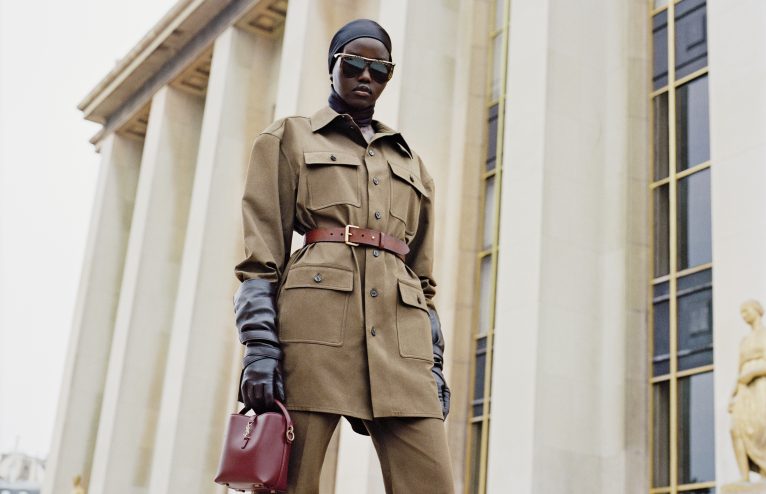

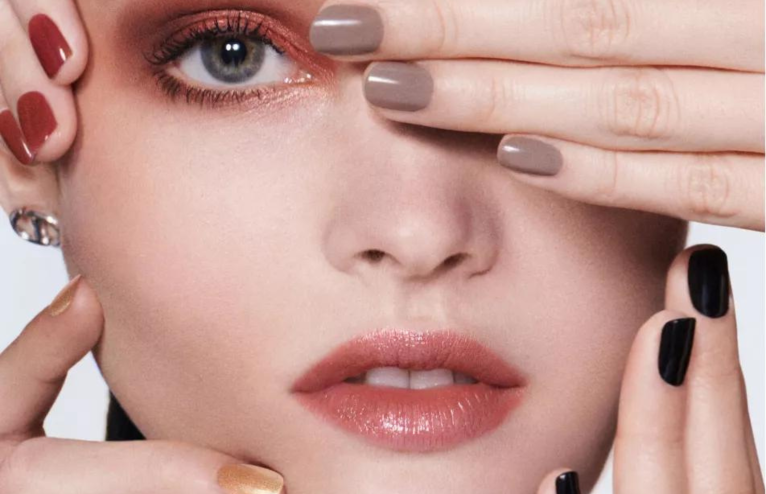


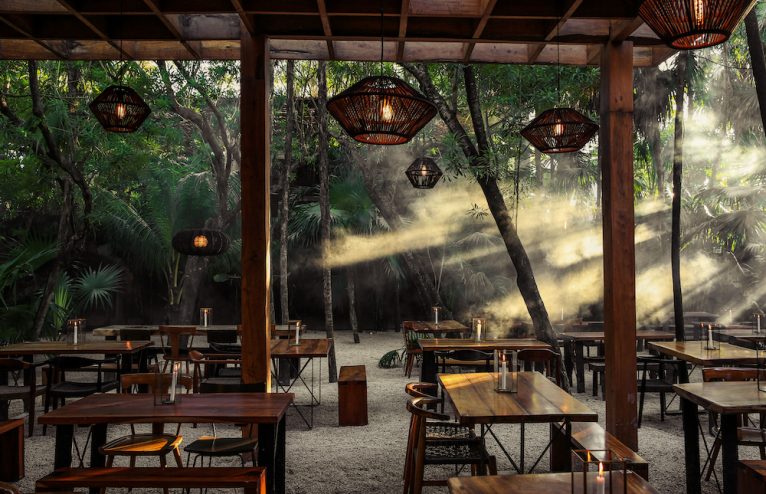

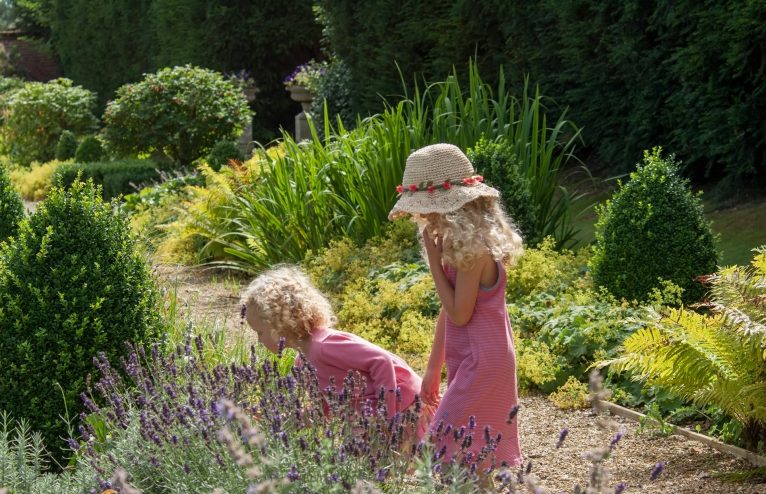
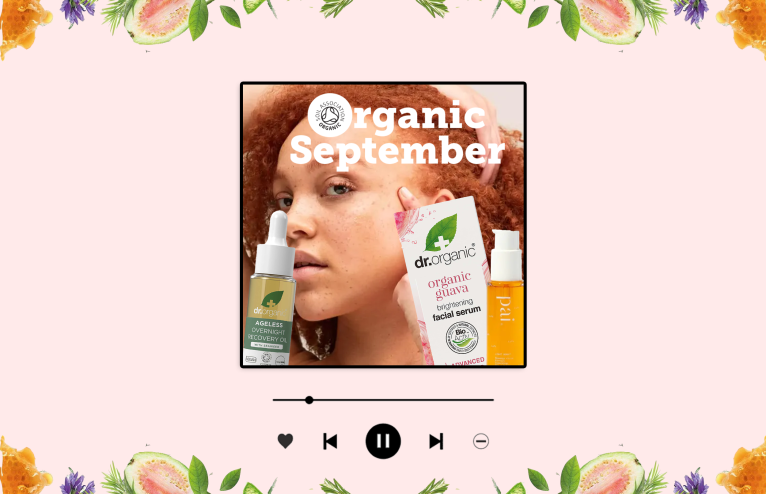
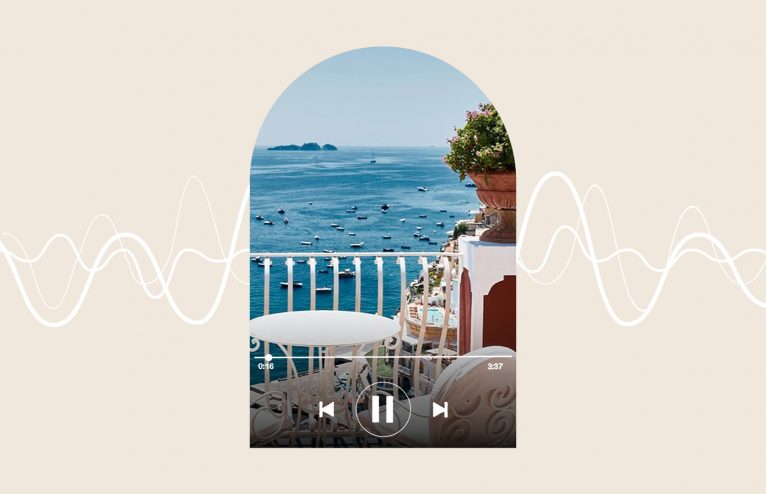
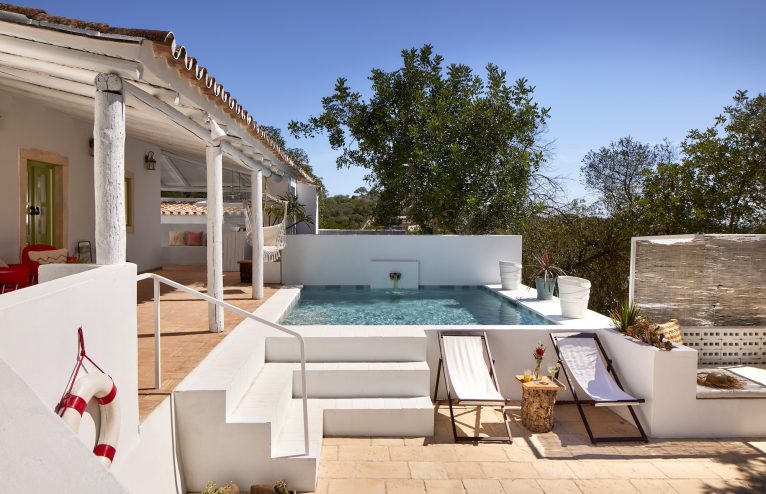


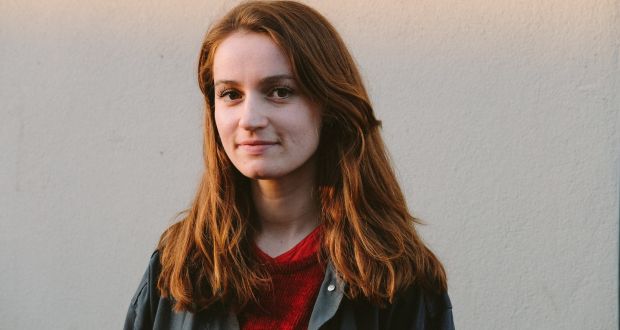
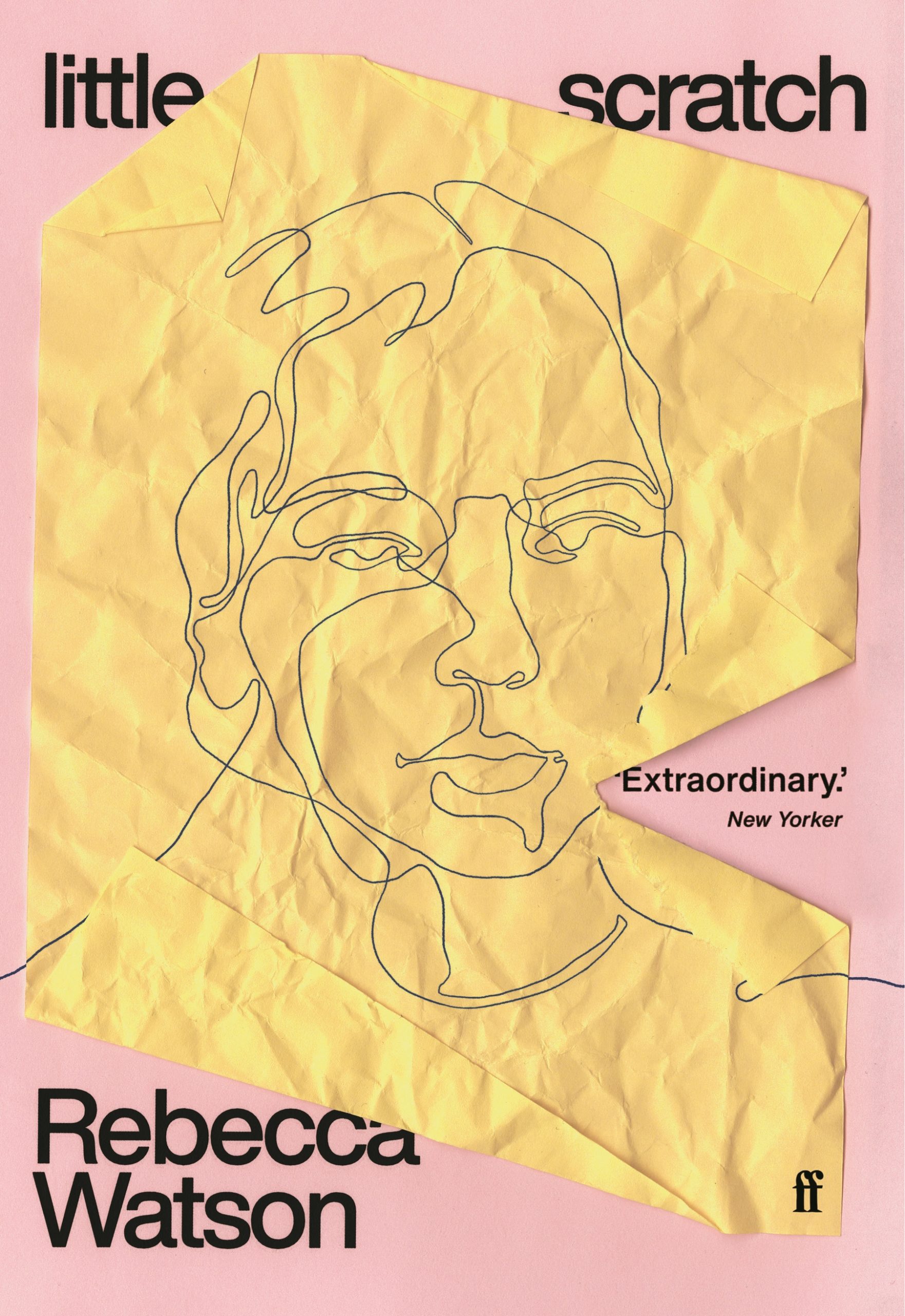




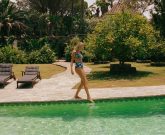
Any Questions or Tips to add?